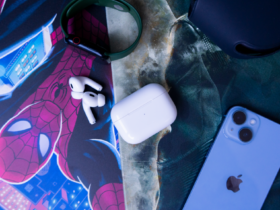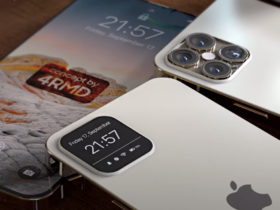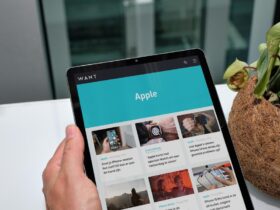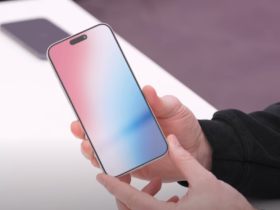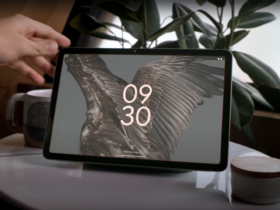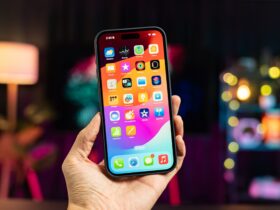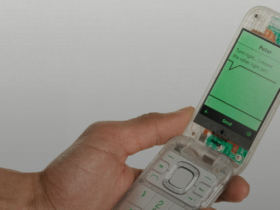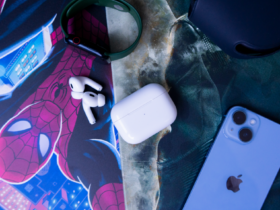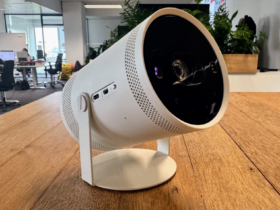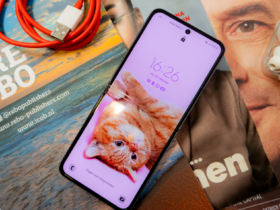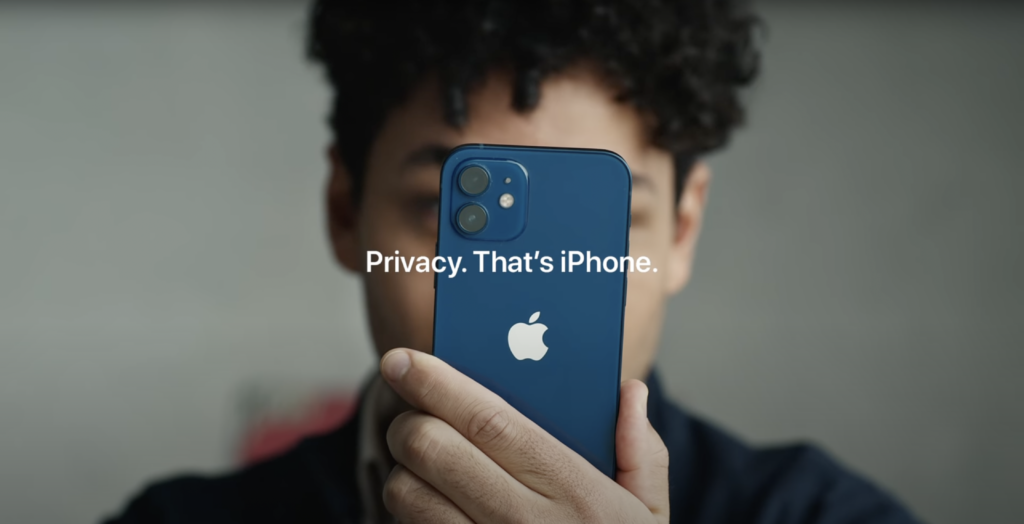It’s been about a year now since Apple introduced App Tracking Transparency. How exactly do users interact with that feature? The option allows them to specify whether they give permission to app makers to track their behavior on their iPhone. Based on that information, companies can serve personalized ads.
Initially, the functionality seemed to go down well. Many users seemed to indicate that they would rather not be tracked. And rightly so, because many companies make big money with your data, whether you want to or not. However, external research now shows that many people have changed their minds.
Apple users give tracking permission
We don’t have to be market researchers to know that many companies feared the worst about App Tracking Transparency. Facebook in particular was loud and clear about this: this was going to cost them millions. And it did. In May 2021, it came out that only sixteen percent of iOS users gave official permission to be tracked.
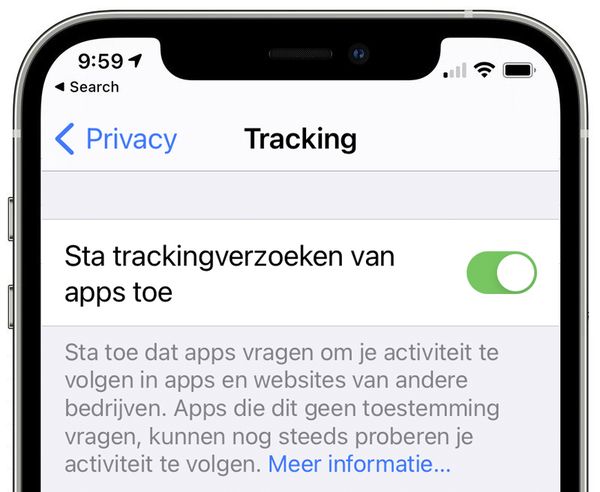 The challenged slider
The challenged slider
A year later, that percentage looks a little different. Now 25 percent of users no longer have a problem with it. And when it comes to the gaming category in particular, thirty percent even give their permission. These figures are based on global research among the two thousand most popular apps within researcher Adjust’s database.
Some games win over many people
Per game, the percentage does vary. In some cases, 75 percent of users say they have no problem with the collection of personal data. So it is clear that this percentage can fluctuate considerably per category or even per app. And perhaps some people do see the value of personalized ads. But it could also be that some apps won’t work until you give your permission.
Either way, it’s a striking result. In fact, last year, another study revealed that only four percent of iOS users in the United States gave permission for tracking. Adjust looked at the numbers globally, so that’s a difference. But the difference is a big one.




